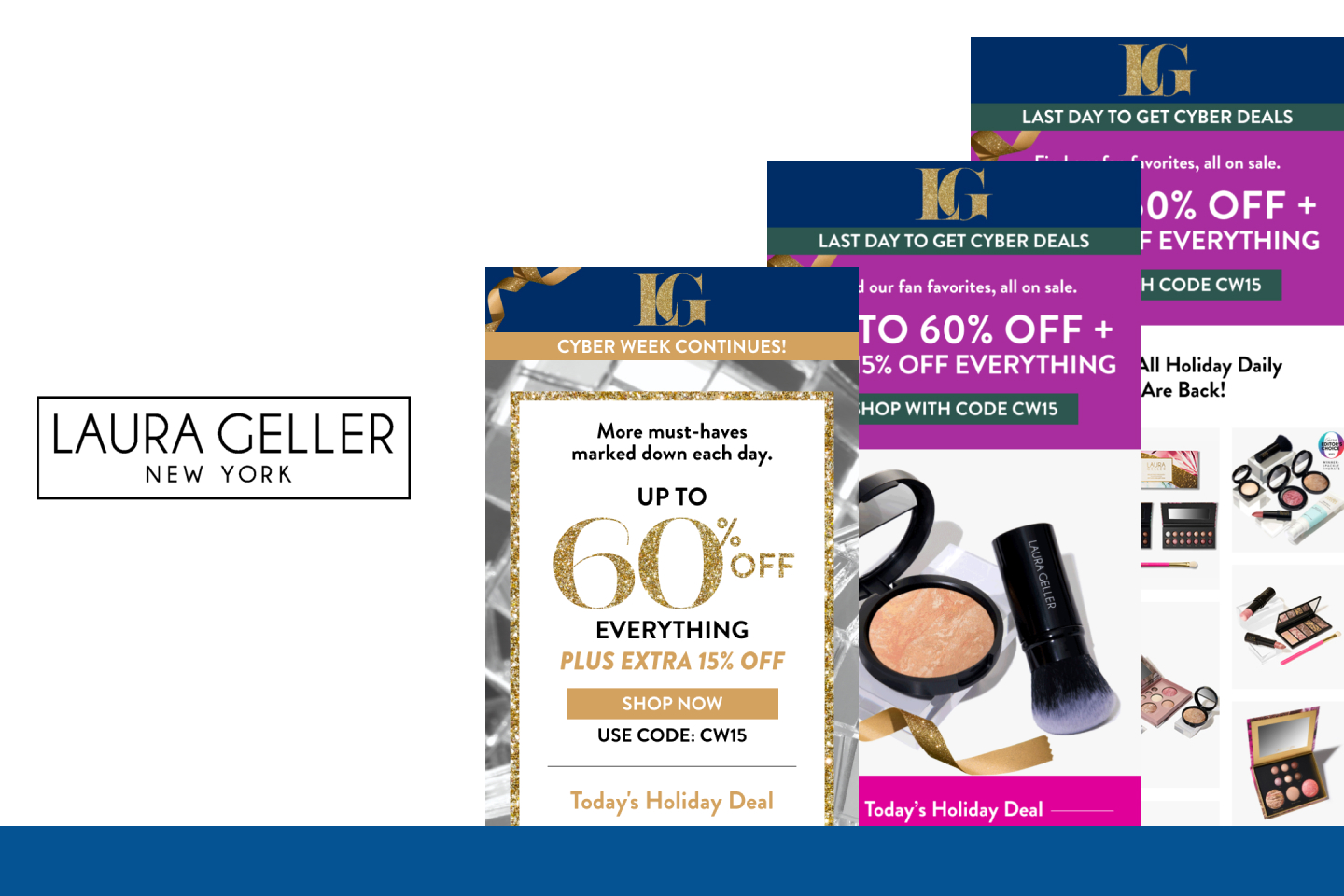Email marketing is an essential part of any and all marketing strategies now. It allows you to build relationships, communicate new ideas, generate feedback and also helps you gather important data that could translate into sales and relationships with future prospects. While the benefits of email marketing are obvious, what isn’t so obvious is how to create successful campaigns. To avoid losing subscribers or having your subscribers delete your email campaigns, there are some things you want to pay attention to and certain things you want to steer clear of. Here’s how you can cater your newsletter to your marketing audience:
1. Make it personal
Instead of sending out emails with only company updates, encourage dialogue from your recipients. Ask for feedback on things, and provide social media share buttons so you can get a better idea of what they like to share with friends and peers. Many services, such as MailChimp and GetResponse, let your customize your greeting and subject line to include individual names. For example, an email that begins with, “Hi John!” is a lot less likely to end up in the spam folder than one that begins with, “Dear user.” Also be sure to use simple, easy-to-understand language so your recipients feel like they are hearing from a real human being, not an automated computer service.
2. Know your audience
Many email marketing services, such as the two listed above, have features that allow you to segment groups, so you can test different campaigns on different groups based on proven preferences. This is an important tool to utilize, because not only can it help you get to know your demographic and how it varies, but it also improves your click rate by creating customized content for different interests. Test out different delivery dates, subject lines, content, surveys, images and layouts to see what keeps your audience the most engaged. For example, depending on the type of business or service you are offering, you may have more consumers engaged on weekends than weekdays or vice versa.
3. Create share-worthy content
One of the most useful things that email marketing services offer is tracking and analytics tools. Most services will send you detailed reports of each campaign you schedule, numbering how many recipients opened the email, how many shared to social media, how many clicked on links within the email and where on your website they landed on. These reports also note how many deleted the newsletter without opening and how many marked it as spam. This is especially helpful because it shows you what type of content your audience likes, ignores or deletes. In addition to these tools, doing your own research can help tremendously. Want to create more of a following on social media? Pay attention to what your consumers like and share the most and duplicate that type of content on your newsletter. In addition to creating share buttons in your newsletter campaigns, your newsletter itself should also always include the option to “Like” or “Follow” your company’s social media networks.
4. Avoid overkill
This point cannot be stressed enough. Most of us have unsubscribed from emails due to receiving too many in a single day. Our inboxes are constantly filled with work emails, personal emails, coupons, offers and spam, so when you send out multiple emails daily, your subscribers may get annoyed and opt out of receiving anything from you in the future. Try to limit your campaigns to once a week, or offer an option on your newsletter sign up that allows subscribers to choose how frequently they’d like to receive your campaigns.
To learn more about what all email marketing services can do, check out our email marketing blog. And if you’d like to get more information on selecting a service to use for your campaigns, visit our reviews of the top services for businesses of all sizes.
Credit: Jessa Barron for Huffington Post.





